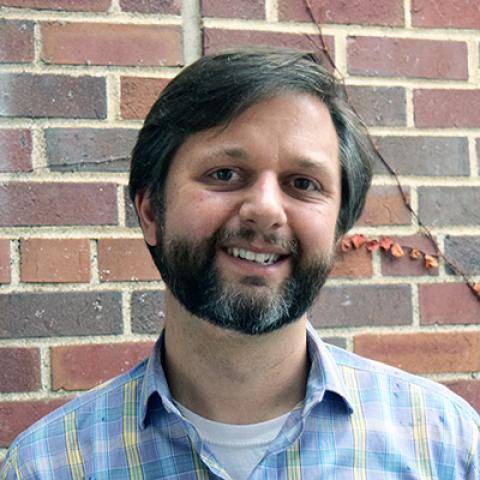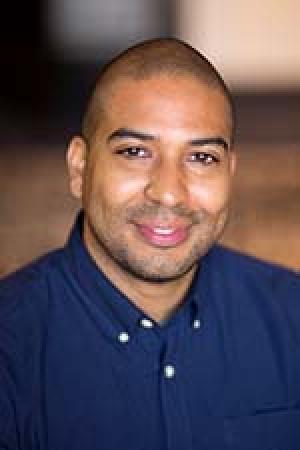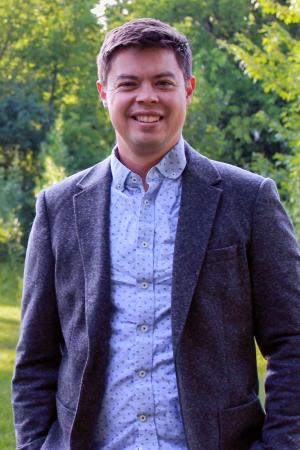Social studies education MA / PhD
The MA/PhD track in social studies education span disciplines, and offers opportunities to specialize in many aspects of social studies education. The ideal candidates for the program have at least three years of teaching experience, a diverse experience, and interest in furthering education and research in social studies education.
Graduates of the program have assumed positions as instructional leaders in the public schools, faculty colleges/universities, curriculum development specialists, cand social studies assessment specialists. Graduates leave the program prepared to teach methods courses to social studies teachers.
Quote from George Dalbo

My experience with the faculty has been fantastic! Graduate classes are small, typically 10-12 students, which allows you to get to know faculty in a more intimate setting. Everyone I have encountered in my department has been so supportive of my development as an academic.
Coursework
Curriculum
As a full-time graduate student, you will have opportunities to:
- Supervise student teachers
- Teach introductory social studies classes
- Conduct and publish research with faculty. Doctoral students are required to complete a research internship with one or more of the faculty as part of their study for their degree
- You will be supported and encouraged to present research papers at professional conferences, specifically the National Council for the Social Studies and the American Educational Research Association
To view the core curriculum and electives visit the Education, Curriculum, Instruction PhD page in the course catalog, find Requirements > Program Sub-Plan Requirements > Social Studies Education.
Master of arts students
You can choose either a thesis Plan A (or final paper Plan B) to complete your degree. View the core requirements for the MA in social studies education in the course catalog. Look under sub-plans for social studies education.
PhD curriculum
Your PhD coursework will center on your research interests. The program consists of 48 course credits and 24 doctoral thesis credits for a total of 72 credits. To see the curriculum requirements in detail visit the course catalog, find Requirements >Program Sub-Plan Requirements > Social Studies Education.
Research opportunities
Students can engage in research that advances the field of social studies education and ties into their area of interest. Faculty work closely with each cohort to achieve research and educational goals and improve educational opportunities students. Learn more about the student research experience in the Department of Curriculum and Instruction.
Areas of research include:
- Multicultural and gender issues
- Critical pedagogy and social justice
- Civic and/or historical identity
- Immigrant education
- Classroom dialogue
- Children's literature in the social studies
- Political socialization
- Political tolerance
- Authentic assessment
- Citizenship and civics education
- Democratic thought
- History of curricula
In addition, faculty members engage in research centered on the history of curricula, multicultural and gender studies, and social justice.
Career outlook
Graduates of the program have assumed positions as university faculty, instructional leaders in the public schools, curriculum development specialists, and social studies assessment specialists.
- Indiana University
- Wells College
- George Washington University
- St. Thomas University
- Bemidji State University
- College of Saint Bennedict & St. John's University
- College of Saint Scholastica
How to apply
Application deadline and instructions
Priority deadline: December 1 for admission to the fall of the following year
Admissions decisions: January
Faculty review applications in mid-late December, and the Graduate School will notify applicants about admission decisions shortly thereafter. Final admission decisions are based on complete applications. All application materials must be included for the application to be released for review.
Before applying online, go through the application checklist to ensure you have all the required materials. We are here to help! If you have questions, please contact the Graduate Studies Coordinator. If you are a returning Graduate School student, follow the Readmission guidelines. If you are a current Graduate School student and need to change your program, follow the Change of Status guidelines.
Request information
We’re here to help. Simply complete one of these forms and a member of our department will be in touch






